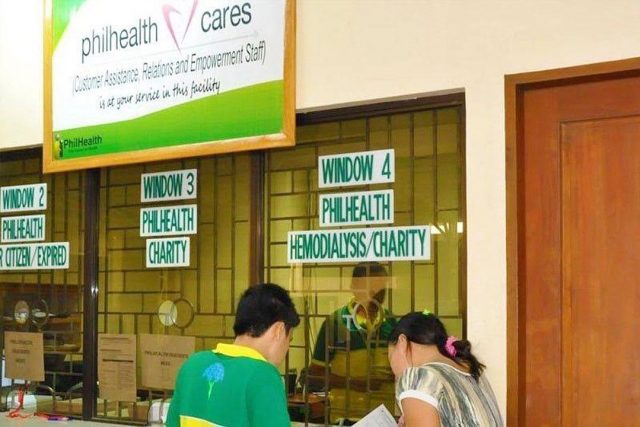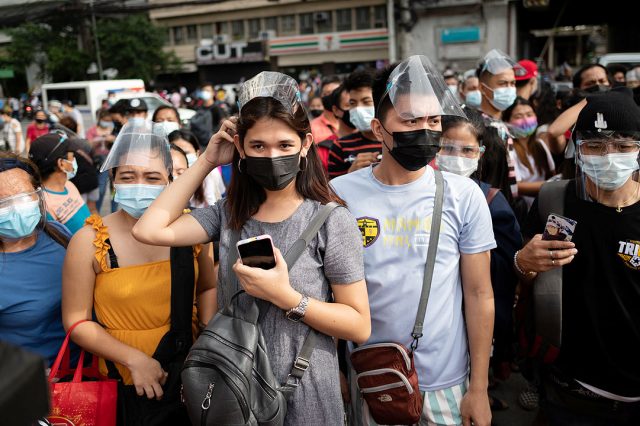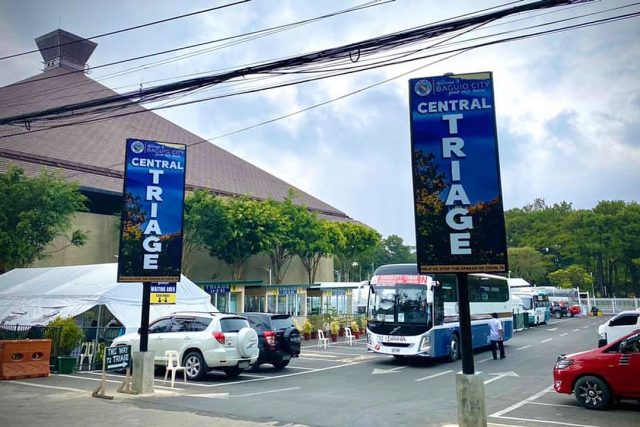Petron’s Ang bats for alternatives to fuel excise suspension
THE PRESIDENT and chief executive officer of Petron Corp., Ramon S. Ang, said he does not support calls to suspend fuel excise taxes, citing other options that are available to transport workers.
Mr. Ang said at a House Ways and Means hearing that drivers of public utility vehicles can instead buy fuel from other fuel brands, which he suggested are able to offer lower prices because Petron pays more in overhead and is constrained in price-setting by regulation.
“Gasoline excise tax and VAT is about P16.70, diesel is about P11.41. But the new players on an average, they give P10 per liter cheaper all over the country,” he said.
He did not identify the “new players,” who mainly import finished products and have fewer plants, but added that such efficiencies allow them to compete with Petron on costs.
“We are subject to microscop(ic) monitoring by government agencies… Every shipment is monitored and computerized. We are not able to do anything else, so whatever cost of the world market that is computed by the DoE, that’s what we pay,” Mr. Ang said.
He added that he is open to the National Government buying back Petron after legislators from the Makabayan bloc called for the renationalization of the oil company.
“If the government wants to buy, be prepared and let us know now, I will sell it to you immediately. Make a valuation as soon as possible without any drama,” Mr. Ang said.
The Department of Energy (DoE) has reiterated its position that fuel excise taxes must be suspended in light of rising global crude prices.
“For purposes of going into the details, our proposal that the cost (of oil) reaches $80 per barrel (should trigger) an automatic suspension under the law,” Energy Assistant Secretary Gerardo D. Erguiza, Jr. said.
Meanwhile, the Department of Finance (DoF) reiterated its opposition to various proposals by the House to suspend or lower fuel excise taxes, saying at such a measure will hamper the economic recovery.
“The overall economic growth from 2022 onwards will be lower with the decrease in government spending without the fuel excise tax revenue,” Finance Strategy, Economics, and Results Group Director Euvimil Nina R. Asuncion said, estimating that growth will decline “by as much as 0.15 percentage points” if suspensions are resorted to.
Marikina Rep. Stella Luz A. Quimbo countered that the DoF’s proposed solution — the release of P1 billion worth of cash assistance to PUV drivers is “too small” to help them deal with rising fuel prices.
“That’s why we are just resorting to suspending the collection of tax because… we are already traumatized by the slow distribution of assistance.
Albay Rep. Jose Ma. Clemente S. Salceda, who heads the committee, said a technical working group will be made to consolidate bills proposing to reduce or suspend the excise tax on petroleum products.
He added that the group will draft a substitute bill and committee report for discussion at another hearing Thursday.
The technical working group will be led by AAMBIS-OWA Rep. Sharon S. Garin.
Oil companies announced Monday that prices on gasoline, diesel, and kerosene will be cut by P1.00, P0.60, and P0.65 per liter respectively.
As of Nov. 2, pump prices in the year to date for gasoline and diesel have increased by P21.95 per liter and P18.10 per liter respectively, according to the Energy department. — Russell Louis C. Ku












